To this end they compared the rules of syntax (the way in which words are put together to form phrases and sentences), semantics (the study of meaning in language forms) and the basic rules of grammar. They found that the alkalines of our DNA follow a regular grammar and do have set rules just like our languages. Therefore, human languages did not appear coincidentally but are a reflection of our inherent DNA.


Alkahest - Wikipedia, the free encyclopedia
Alkahest is a hypothetical universal solvent, having the power to dissolve every other substance, including gold. It was much sought after by alchemists for what they thought would be its invaluable medicinal qualities. The name is believed to have been invented by Paracelsus from Switzerland, who modelled it on similar words taken from Arabic, such as ‘alkali’. Paracelsus' own recipe was based on caustic lime, alcohol, and carbonate of potash. He believed that this element alkahest was, in fact, the philosopher's stone. A potential problem involving alkahest is that, if it dissolves everything, then it cannot be placed into a container, because it would dissolve the container. However, the alchemist Philalethes specifies that Alkahest dissolves only composed material into their constituent, elemental, parts.
In modern times, water is sometimes called the universal solvent as well, because it can dissolve a large variety of substances, due to its chemical polarity.
In modern times, water is sometimes called the universal solvent as well, because it can dissolve a large variety of substances, due to its chemical polarity.



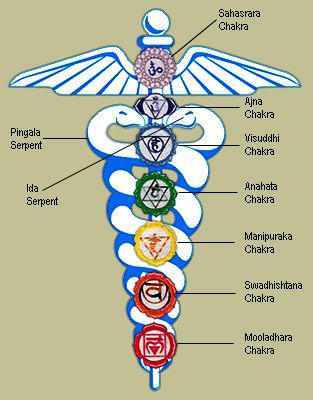







 )
)
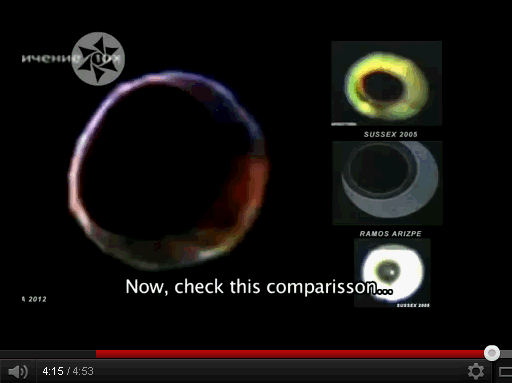



 )
) 
 )"
)" 
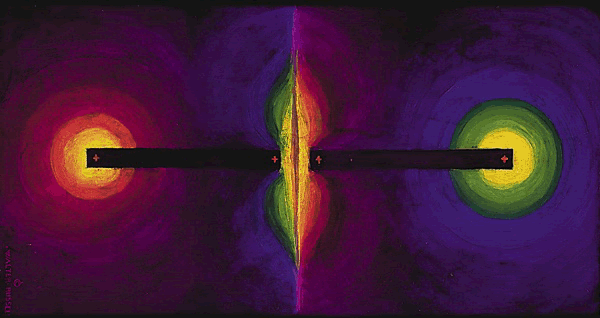

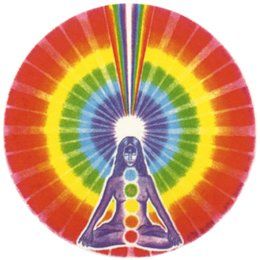
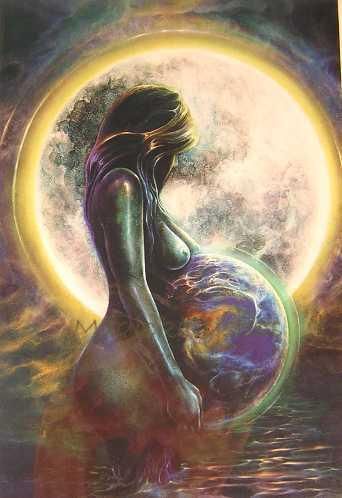


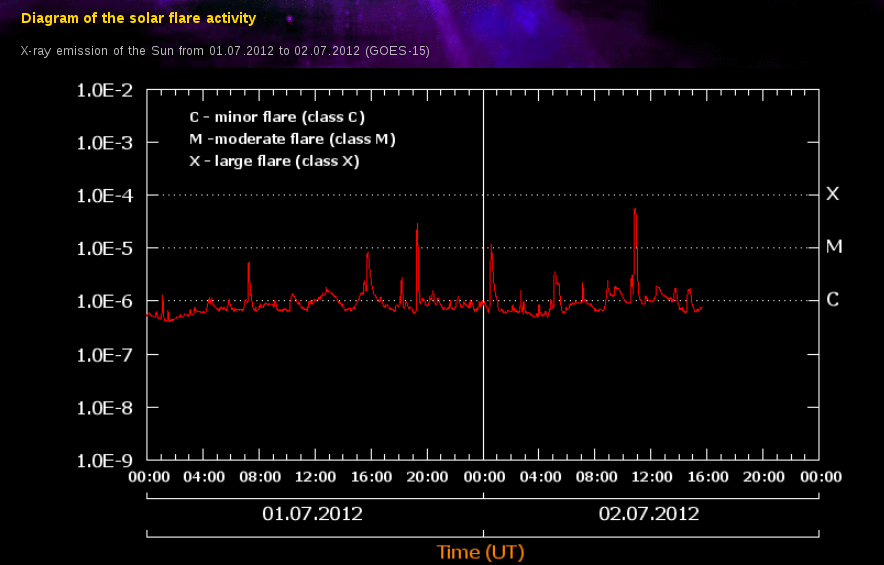


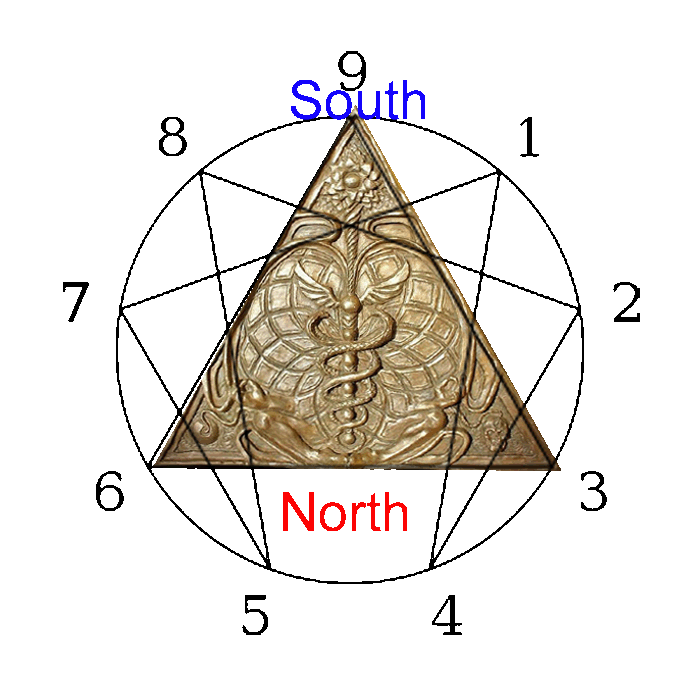



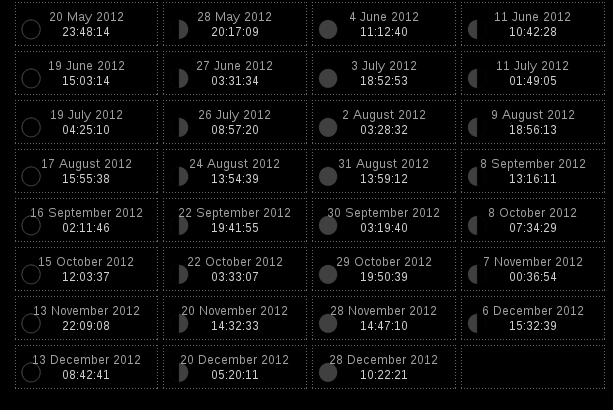





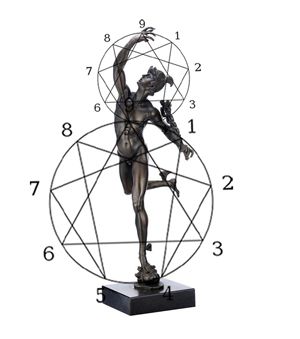

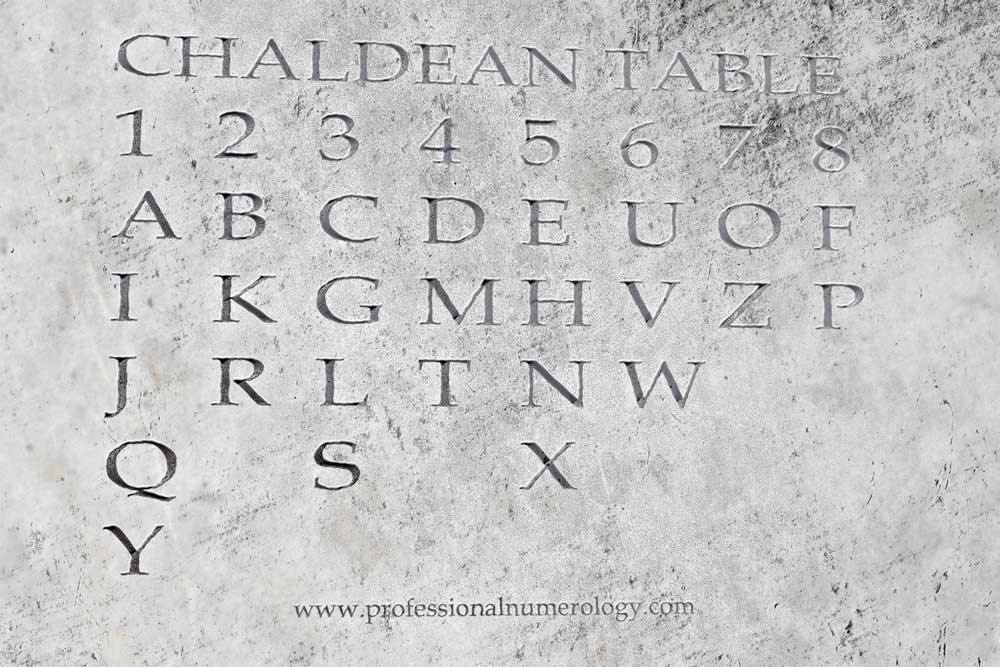
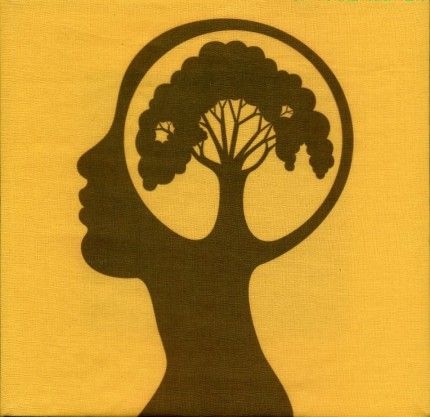


Comment